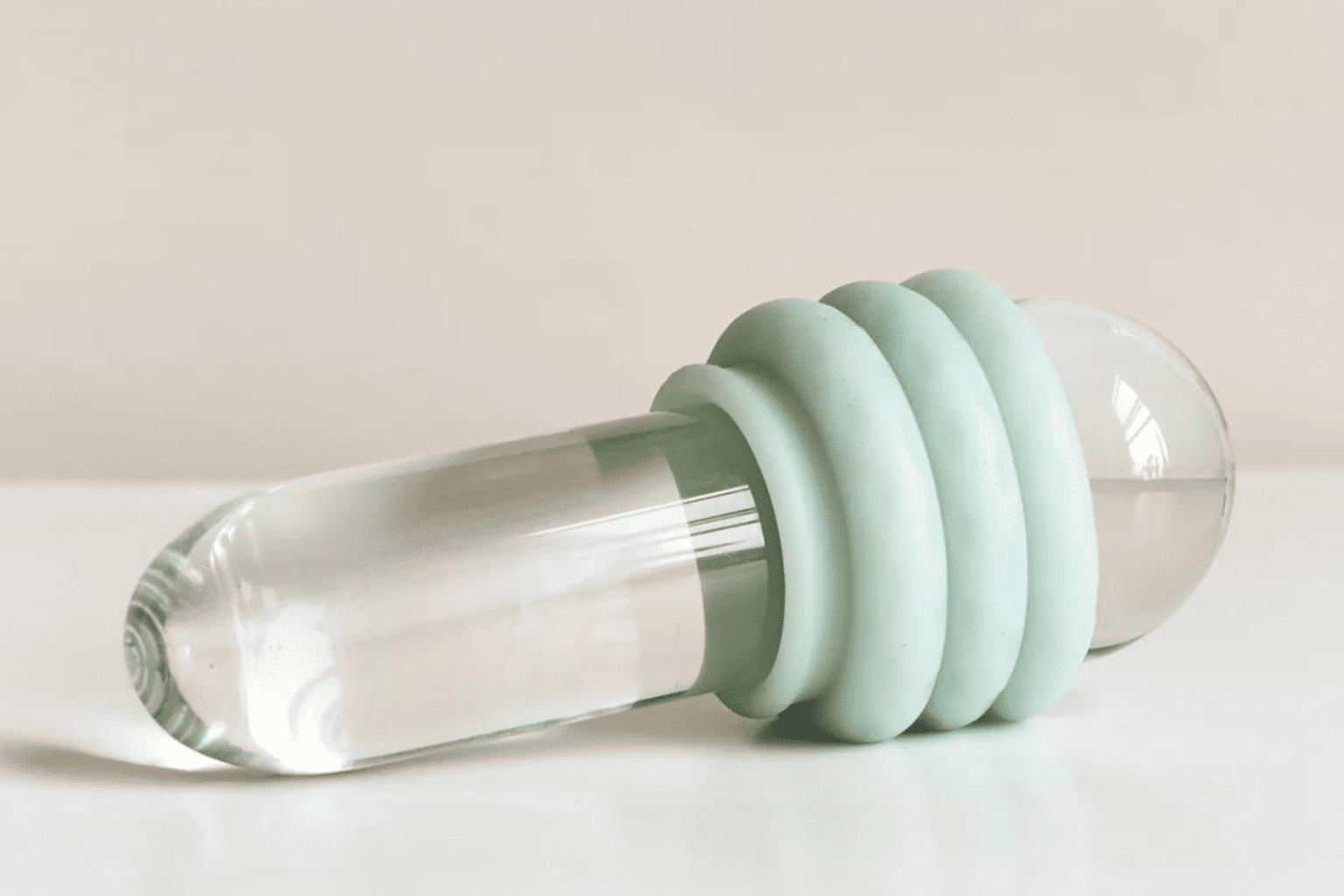Whether it’s a sharp pain, burning sensation, or cramping during sex, any discomfort can kill your confidence. As many as 75% of women will experience pain during sex at some point, according to the American College of Obstetricians and Gynaecologists. But the good news is you don’t have to forgo sex or put up with the pain. There are ways to make sex comfortable and pleasurable again.
Dyspareunia is a term we medical folk use to describe pain before, during or after vaginal intercourse. Pain is often linked to having a tight or overactive pelvic floor, but there are other causes too, which we’ll dive into soon.
When the pelvic floor doesn’t relax or stretch, it can cause pain during intercourse. Unfortunately, our minds are good at remembering painful sensations. So if you’ve ever experienced pain during sex when it’s time to do it again, the vagina can tense up again, and you get stuck in a pain, tension, pain cycle. It’s not fun. And it can be challenging to break this cycle without proper support.
Signs and symptoms
Here are some signs that you may have an overactive pelvic floor (which can contribute to dyspareunia):
- Pain during sex (whether entrance pain, deep discomfort or both)
- Trouble inserting tampons or menstrual cups
- Tension during pap smears or medical exams
- Difficulty emptying bowels
- Urinary symptoms like incontinence (leaking), urgency (needing to go quickly) or frequency (needing to go often)
What causes Dyspareunia?
There are many causes of dyspareunia. Here are just some of them:
- Medical conditions like endometriosis and chronic constipation have been linked to a tight or overactive pelvic floor.
- Women experiencing low oestrogen either in the postnatal period or post-menopause may lack lubrication, leading to pain and discomfort.
- Thrush can make vaginal tissues thinner, which leads to micro-tears and pain during intercourse.
- Scar tissue from labour, including post episiotomy, tearing or perineal scarring, can cause pain.
- Prolapse can cause deep vaginal pain.
- Psychological conditions like anxiety, trauma or a history of pain can lead to discomfort during sex.
Three easy things to try at home to relieve symptoms
Sex isn’t supposed to hurt. If you are experiencing pain during sex or have any of the above symptoms, we highly recommend speaking with your GP or Women’s Health Physio.
However, if you want to start your journey at home first, here are three safe and straightforward things you can try right away that may make sex less painful.
- Lubrication
Anxiety can heighten when you anticipate pain during sex, and your potential to get aroused and lubricate naturally decreases. So don’t be shy and keep a good quality lube on hand to help make sex more comfortable. We love and stock Uberlube at the clinic - Stretching
Simple yoga stretches can help relax your pelvic floor muscles. Three go-tos worth adding to your daily routine include child’s pose, happy baby, and a deep squat. Hold each pose for at least 30 seconds and repeat 2-3 times to relax your pelvic floor. - Sex Wearables
If you struggle with deep pelvic discomfort during sex, give Ohnut a go. This soft silicone ring limits the depth of penetration. You can control how deep penetration will go by adjusting the number of rings worn by your partner. We stock the Ohnut in the clinic and can show you how it works during your pelvic floor assessment.
Ready to make sex pleasurable again?
The Wellness Boutique team specialises in women’s health and have lots of solutions and strategies to help you reduce pain and dial-up pleasure during sex.
Our job is to guide you, tailor a plan specifically for you, and empower you with the knowledge to help you manage pain and get back to enjoying sex again.




